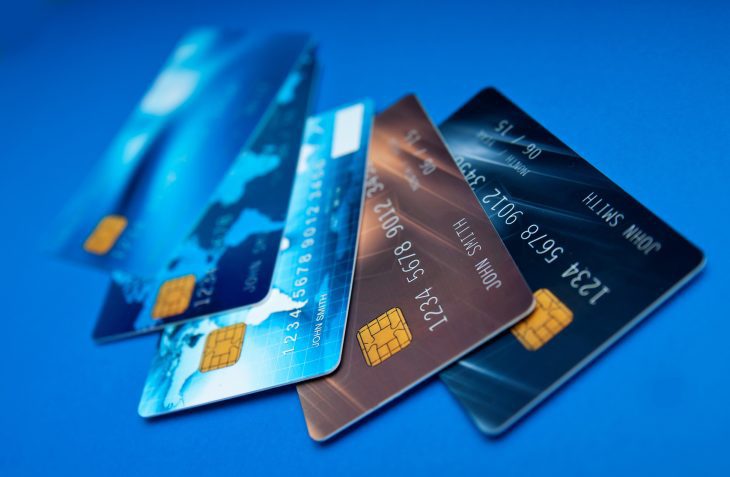According to Google Trends, the word “unprecedented” became a commonly used search term in 2020; usage peaked between March 15 and 21. As the recession’s reality took hold, unprecedented was no longer a hot search item, and searches fell by more than 75%. Perhaps as unemployment, public health, and economic disruption issues increased, the impact’s realities became more pronounced than the novelty of COVID-19.
Morningstar considers the unexpected ways COVID-19 “upended Americans’ finances in unforeseen ways.”
- Banks and other financial institutions were the villains of the last crisis, accused of inflating the housing bubble. This time around, they were eager to look like the good guys. They rolled out plans to help borrowers pause debt payments and waived fees and other charges for a time.
- They were in a better position to offer those benefits. Stiff regulations imposed after the financial crisis pushed them to curtail risk and build up robust capital reserves to deploy when an emergency hit.
Indeed, government support played a significant role.
- The bailouts and stimulus of the last crisis primed the pump for Congress to act quickly when the pandemic hit. Then, the aid was targeted at businesses — namely, banks and automakers — that were nearing collapse. Help for consumers largely came through payroll tax cuts, expanded unemployment, and food stamps.
- This time, lawmakers rushed to get money to nearly every American and a wider swath of business. The government cut checks, expanded unemployment benefits further, and wrote forgivable loans to small businesses. The $2 trillion stimulus package in March propped up the economy when businesses and consumers couldn’t.
Yet, the challenge sits on many shoulders.
- Many consumers also changed. Burned a dozen years ago by the bubble in the residential property market, they now managed their money more prudently. The average credit score had been steadily increasing and continued to rise as the recession took hold, according to Fair Isaac Corp.
- According to a JPMorgan Chase & Co. Institute analysis of the bank’s account and credit-card data, families who lost jobs but received government benefits fared pretty well for the first few months of the recession. At first, bank-account balances swelled, but the median household spent down much of those funds as the pandemic dragged on and expanded unemployment benefits lapsed over the summer. The lower their income in 2019, the more their balances dropped.
We have spot solutions, but the long term remains cloudy.
- It isn’t clear where Americans’ finances are headed. Congress has recently passed, and President Trump on Sunday night signed another stimulus package that gives people on unemployment an extra $300 a week. Many also will receive $600 stimulus checks, and moratoriums on evictions will be extended through the end of January. The small-business loan program will reopen.
- If unemployment remains elevated longer than the stimulus is in effect, the economy’s dividing lines could deepen, said Peter Ganong, a public policy professor at the University of Chicago.
- “We might end up in an unforced error in a way that is similar to the Great Recession,” Mr. Ganong said.
For 2021, the question of the year may be: “What is the new normal” “What are the signs of economic recovery,” and, hopefully, “Thank heavens it is over.”
Overview provided by Brian Riley, Director, Credit Advisory Service at Mercator Advisory Group









